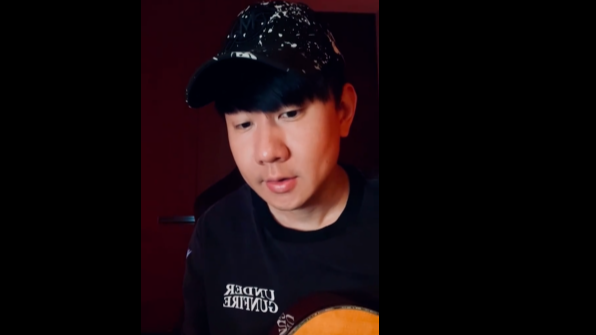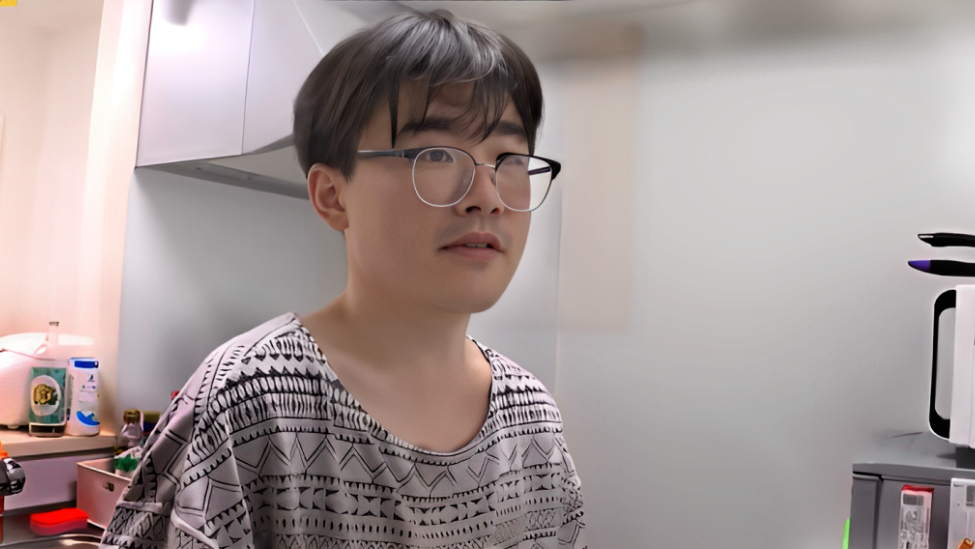ago是什么时(shí)态的(de)标志词,ago是(shì)什么时态的(de)标志符(fú)号是(shì)ago单独(dú)充当(dāng)状语,应该(gāi)用一般过去时(shí)的。
关于ago是什么时态的(de)标志词,ago是什么(me)时态(tài)的标志(zhì)符号(hào)以及ago是什么时态的标志(zhì)词,ago是什(shén)么时态的标志性词,ago是什(shén)么时(shí)态的标志符号,句子里有(yǒu)ago是什(shén)么时态,ago是时间点还(hái)是时间段(duàn)等问题,小编(biān)将为你整理以(yǐ)下知识:
ago是什么时态的标志(zhì)词,ago是什么(me)时态的标志符号
ago单独充当状语,应该用(yòng)一般过去时。He has lived in the city since three years ago (他从三年(nián)前起就住在这(zhè)个城市)。
ago用法比较固妙哉妙哉是什么意思,奇哉妙哉是什么意思定,例如:5 years ago(五年前),10 tens ago(十年前),long long ago(很久(jiǔ)以前)。
如果用在since ... ago结构中,则需要用(yòng)现在完(wán)成(chéng)时或一般现(xiàn)在时。
例如:
He has lived in the city since three years ago(他从三年前起就住在这个(gè)城市(shì)).
I have taught English since ten years ago(自从十年(nián)前以(yǐ)来(lái),他一直都(dōu)教英语).
常(cháng)见的时态(tài)标志词:
(1)如果(guǒ)句中有(yǒu)always,usually,often,sometimes,every day,on Sundays,once a month等类似(shì)的时间(jiān)状语,句子(zi)多用(yòng)一般(bān)现在时。
(2)如果句中有yesterday(morning),last week,in 2003,three months ago,the day before yesterday等(děng)类似的时(shí)间(jiān)状语,句子多用(yòng)一般过(guò)去(qù)时。
(3)如果句中(zhōng)有tomorrow(afternoon),next year,in a few days,in a few years等时间(jiān)状语,句子用一(yī)般将(jiāng)来时。
(4)如果(guǒ)句中有时间状(zhuàng)语(yǔ)now,句首有(yǒu)“Look!”、“Listen!”、“Be quiet!”、“Hurry!”等警示语,句(jù)子(zi)多用(yòng)现在进行时。
(5)如(rú)果句中有“at that time,this time yesterday,at eight last night,the whole aft妙哉妙哉是什么意思,奇哉妙哉是什么意思ernoon”等时间(jiān)状语,句子(zi)多用过去(qù)进(jìn)行(xíng)时。
(6)如(rú)果句(jù)中有already,yet,just,ever,never等时间(jiān)副词,in the past(1ast)five years,for+时(shí)间段(duàn)或since+时间点或从句,句子多用现在完成时(shí)。
(7)如果句中有“when/after/before+从句(jù),by/by the end of+(过去的)时间”,多用(yòng)过去完成(chéng)时。
ago是(shì)什么时态的标志(zhì)
ago单独充(chōng)当状语,应该用(yòng)一(yī)般过去时(shí)。
He has lived in the city since three years ago (他从三年前(qián)起就住在(zài)这个城市)。
ago用法比较固定,例如:5 years ago(五年(nián)前(qián)),妙哉妙哉是什么意思,奇哉妙哉是什么意思10 tens ago(十(shí)年前),long long ago(很久以前)。
如果用在since ... ago结(jié)构中(zhōng),则需要用(yòng)现(xiàn)在完成时(shí)或(huò)一般现在时。
例如:
He has lived in the city since three years ago(他(tā)从三(sān)年前起就住在这(zhè)个(gè)城市(shì)).
I have taught English since ten years ago(自从(cóng)十年前以来,他一直都教英语).
常见的(de)时态标(biāo)志词:
(1)如果句中有always,usually,often,sometimes,every day,on Sundays,once a month等类似(shì)的时间状语,句子多(duō)用一般现在时。
(2)如果句中有yesterday(morning),last week,in 2003,three months ago,the day before yesterday等(děng)类(lèi)似的时间(jiān)状语,句子多(duō)用一般(bān)过去时。
(3)如果句中有(yǒu)tomorrow(afternoon),next year,in a few days,in a few years等时间状(zhuàng)语,句子(zi)用一(yī)般将来(lái)时。
(4)如果句中有时间状语now,句首有“Look!”、“Listen!”、“Be quiet!”、“Hurry!”等警示语,句子(zi)多用现在进行时。
(5)如果句(jù)中(zhōng)有“at that time,this time yesterday,at eight last night,the whole afternoon”等时间状语,句(jù)子多用过去进行时(shí)。
宴段丛
(6)如果句(jù)中有already,yet,just,ever,never等时间副词晌樱,in the past(1ast)five years,for+时间(jiān)段或since+时燃答(dá)间(jiān)点或从句,句子多用(yòng)现在完成时。
(7)如果(guǒ)句中(zhōng)有(yǒu)“when/after/before+从(cóng)句(jù),by/by the end of+(过去的)时间(jiān)”,多用过(guò)去完成时。
未经允许不得转载:橘子百科-橘子都知道 妙哉妙哉是什么意思,奇哉妙哉是什么意思
 橘子百科-橘子都知道
橘子百科-橘子都知道 








最新评论
非常不错
测试评论
是吗
真的吗
哇,还是漂亮呢,如果这留言板做的再文艺一些就好了
感觉真的不错啊
妹子好漂亮。。。。。。
呵呵,可以好好意淫了